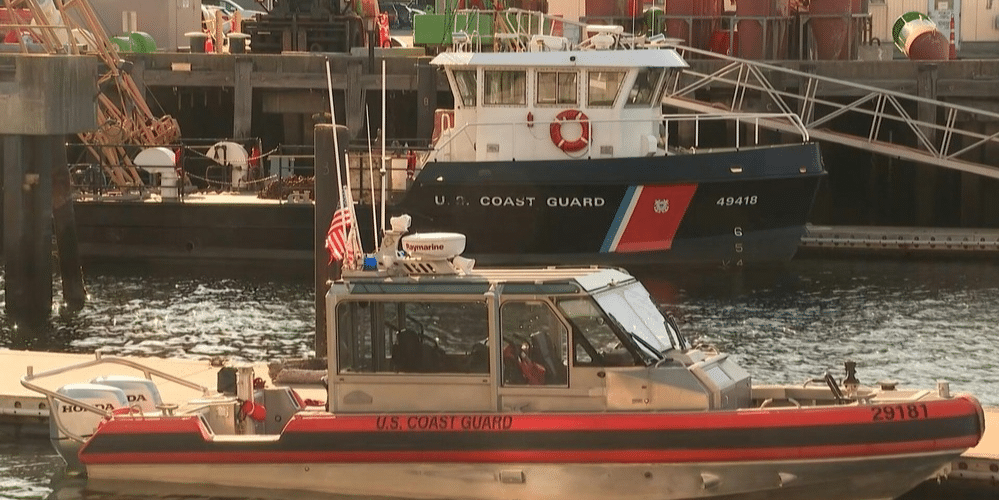BEIJING, CHINA — China’s defence minister said on Monday he hoped to expand naval cooperation with Russia, in the highest-level public talks between military officials from the two countries since a failed mutiny in Russia last month.
Li Shangfu spoke in Beijing with Nikolai Yevmenov, head of the Russian navy, and said he hoped both countries could “strengthen communication at all levels”, according to a readout from the Chinese defence ministry.
He also said the two should “regularly organize joint exercises, joint cruises and joint military skills competition”, as well as “expand practical cooperation in professional fields”.
Moscow and Beijing should “make positive contributions to maintaining regional and world peace and stability”, he said.
Yevmenov said the two countries should “continue to expand exchanges at all levels of the two countries’ navies” and “continuously push the relationship between the two militaries to new heights”, Beijing’s readout said.
The talks were the most high-level between Chinese and Russian military officials since the head of the Wagner mercenary group, Yevgeny Prigozhin, led his forces in a short-lived rebellion against Moscow’s top military brass, a huge embarrassment for the Kremlin.
Beijing said it supported Russia in “protecting national stability” following the mutiny but leader Xi Jinping is yet to hold public talks with President Vladimir Putin over the incident.
China says it is a neutral party in the war in Ukraine but has been criticised by Western countries for refusing to condemn Moscow and for its ties with Russia.
The two countries have ramped up economic cooperation and diplomatic contacts in recent years, with their strategic partnership having only grown closer since Moscow’s invasion of Ukraine last year.
The two countries’ militaries frequently hold joint drills.
The chief of staff of Russia’s armed forces, Valery Gerasimov, said last month his country’s strong military partnership with China provided stability around the world.
— AFP







